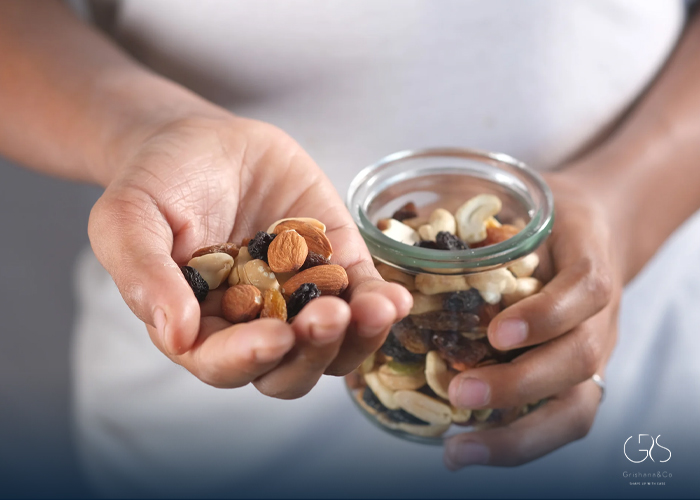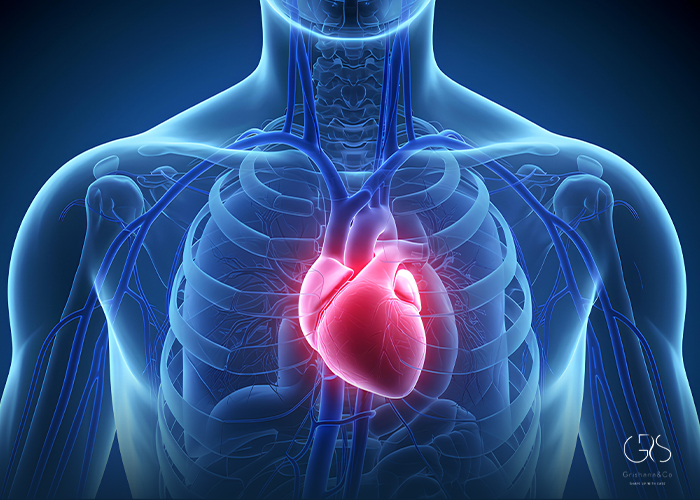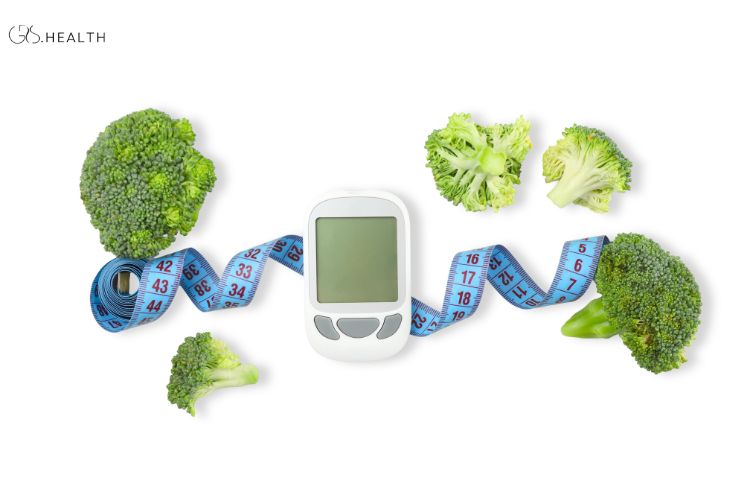Preventing Chronic Obstructive Pulmonary Disease (COPD) weight loss is critical. The multifaceted connection includes increased energy expenditure, decreased caloric intake, and muscle wasting. Exacerbating disease progression and complications, weight loss in COPD patients underscores the significance of exploring risks, offering tips, and discussing the role of nutrition in managing COPD-related weight loss in this article.
The Connection Between COPD and Weight Loss
Weight loss is a common and concerning issue among individuals living with COPD. Studies have shown that approximately 40% of COPD patients experience unintentional weight loss, which can lead to a decline in muscle mass and strength, further compromising their respiratory function. The progressive nature of COPD, coupled with symptoms such as dyspnea and fatigue, can contribute to reduced appetite, difficulty eating, and increased energy expenditure, all of which can lead to weight loss.
Risks of Weight Loss in COPD
Impact on Respiratory Function: Weight loss in COPD patients can lead to decreased respiratory muscle strength and endurance, making it more challenging for them to breathe efficiently.
Increased Mortality Risk: Research has shown that COPD patients with unintentional weight loss have a higher risk of mortality compared to those who maintain a stable weight.
Reduced Quality of Life: Weight loss can impact a COPD patient’s quality of life by causing weakness, fatigue, and compromised immune function, making it harder for them to engage in activities of daily living.
Nutritional Deficiencies: Malnutrition is common in COPD patients experiencing weight loss, leading to deficiencies in essential nutrients that are vital for overall health and wellbeing.
Tips To Avoid COPD Weight Loss
Add Healthy Fats: Incorporate sources of healthy fats such as avocados, olive oil, and fatty fish into your diet to provide essential fatty acids and additional calories.
(I suggest you read my article on avocado consumption. It provides more information on the topic)
(If you’re interested in olive oil or avocado oil , check out this informative article)
Eat Eggs: Eggs are a good source of protein and essential nutrients that can help support muscle mass and prevent further weight loss.

Eat Lean Meats: Choose lean cuts of meat such as chicken, turkey, and fish to increase your protein intake and support muscle health.
Eat Nuts: Snack on nuts like almonds, walnuts, and cashews, which are nutrient-dense and calorie-rich, to boost your caloric intake.
(I suggest reading about the health benefits of walnuts.)

Enjoy Dessert: Indulge in healthy desserts like yogurt with fruit or dark chocolate to satisfy your sweet cravings while adding extra calories.(I recommend that you read about the benefits of dark chocolate.)
Try Dairy: Opt for dairy products like Greek yogurt, cheese, and milk to increase your protein and calorie intake.
Try Nutritional Shakes or Smoothies: Consider incorporating nutritional shakes or smoothies into your diet as a convenient way to increase your calorie and nutrient intake.

Other Considerations
- Stay Hydrated: Drink plenty of water throughout the day to prevent dehydration, which can further decrease appetite and energy levels.
- Engage in Physical Activity: Consult with your healthcare provider to determine appropriate ways to stay active and maintain muscle strength.
- Monitor Your Weight: Keep track of your weight regularly and discuss any significant changes with your healthcare team.
- Consider Nutritional Supplements: In some cases, your healthcare provider may recommend nutritional supplements to help meet your dietary needs.
Conclusion
Preventing weight loss in COPD patients is crucial for maintaining respiratory function, quality of life, and overall health. By incorporating nutrient-dense foods, healthy fats, lean proteins, and adequate calories into their diet, individuals living with COPD can minimize the risk of weight loss and its associated complications. It is essential for COPD patients to work closely with healthcare providers, including dietitians and pulmonologists, to develop a tailored nutrition plan that meets their specific needs and supports their overall well-being.
Sources
- American Lung Association, Nutrition and COPD
- COPD Foundation , Nutrition for Someone with COPD










